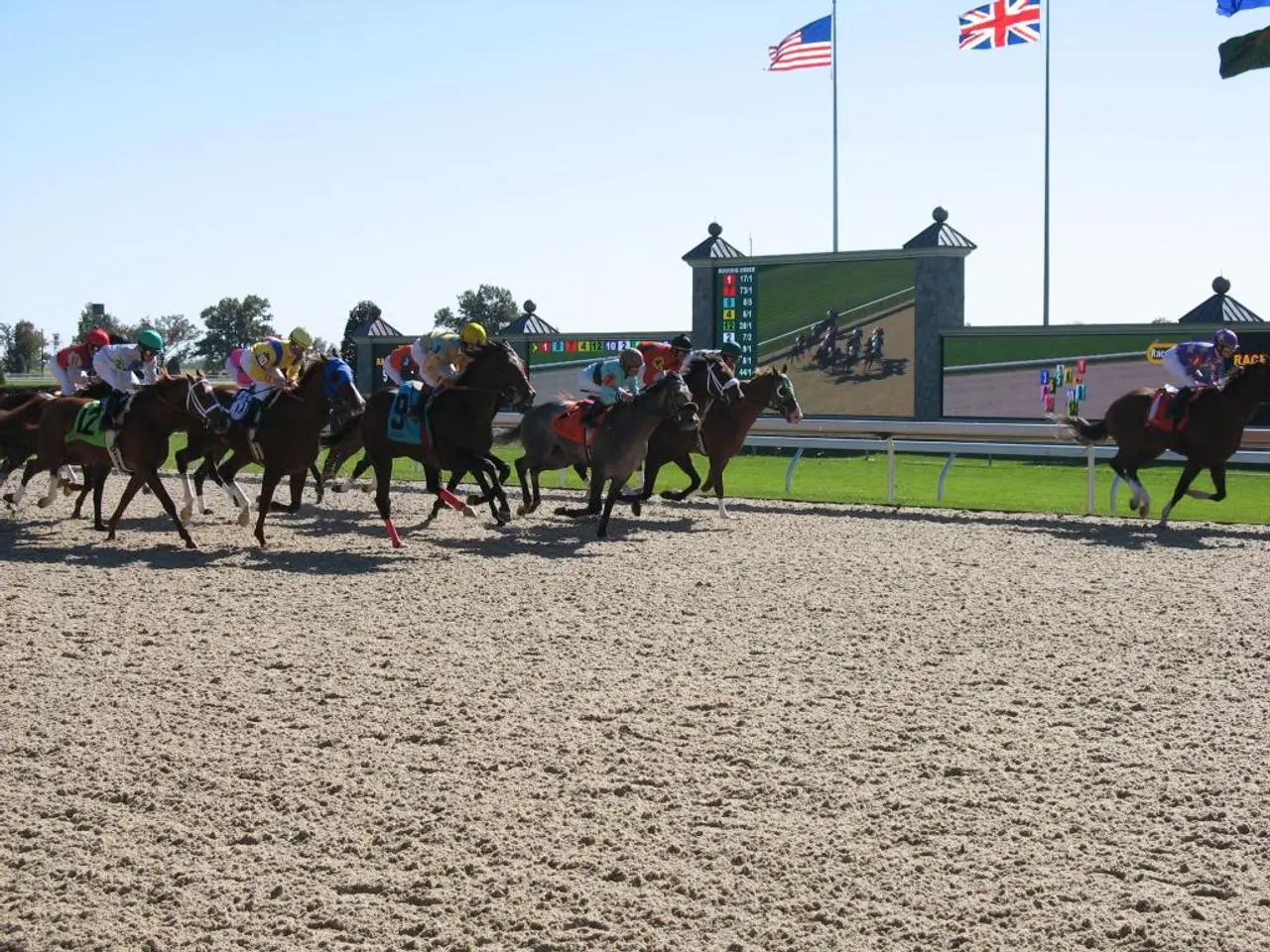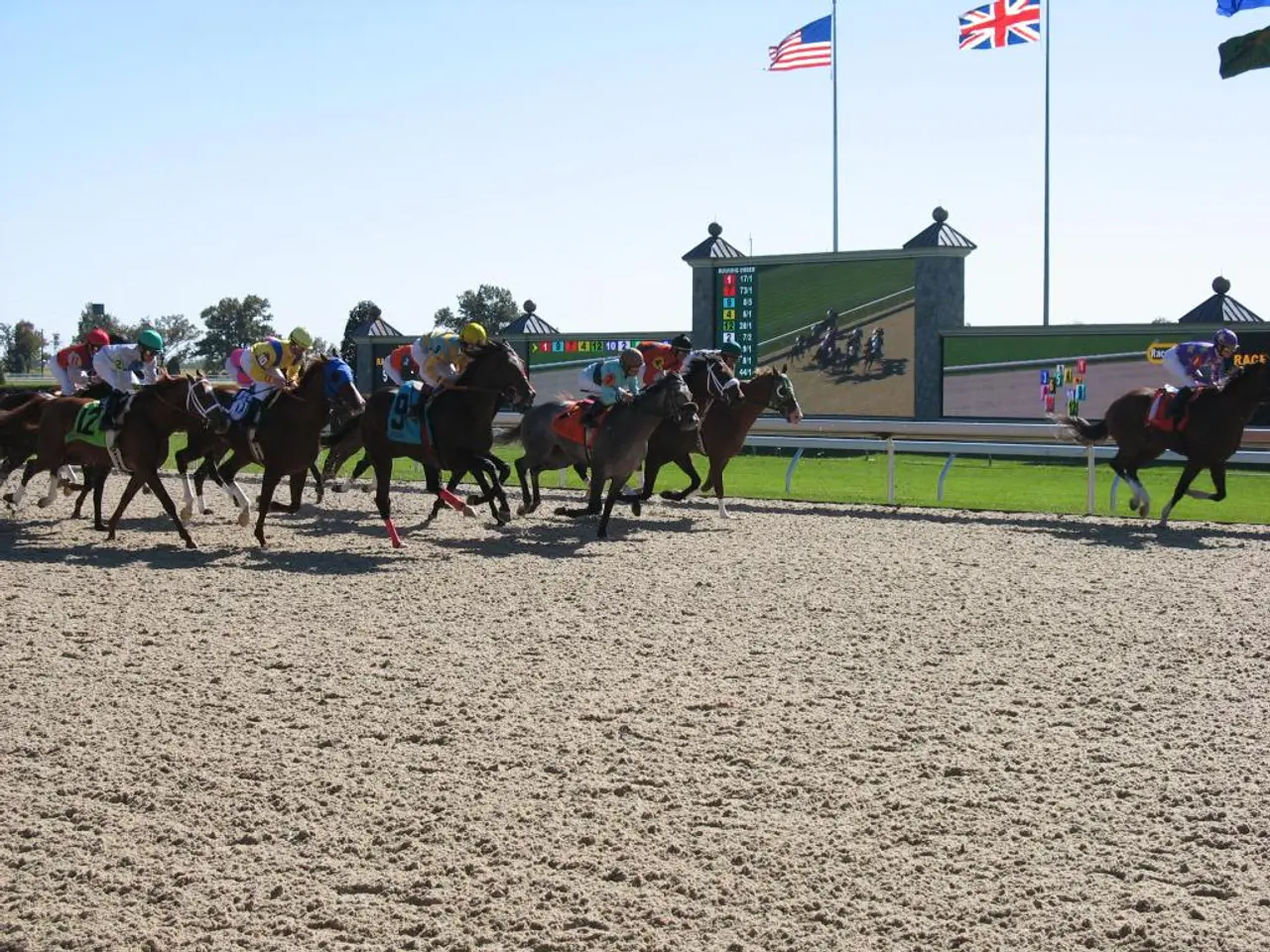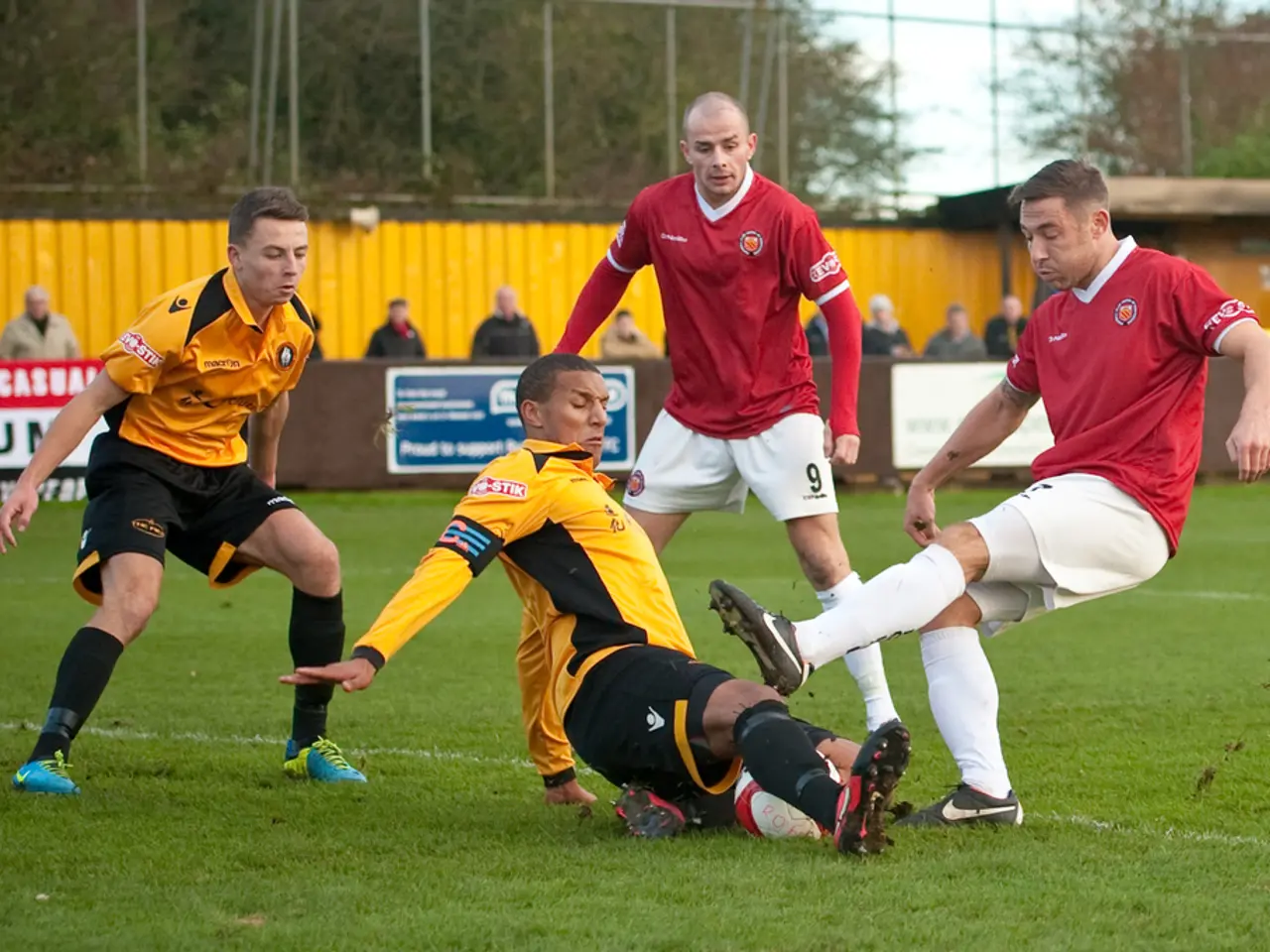Righteous Filters: FIFA Rids Millions of Abusive Comments, Yet Legislative Change Needed
FIFA filters out countless offensive remarks, preserving a more positive online environment for athletes
Social media is a breeding ground for cyberbullying, making it difficult to keep track of the constant deluge of hate messages faced by athletes. To protect players from this digital menace, FIFA introduced the Social Media Protection Service (SMPS). This service has been a virtual knight in shining armor, blocking over 10 million offensive comments against teams, coaches, and athletes since 2022.
The SMPS has been employed at 23 tournaments, including qualifiers and friendly matches, according to FIFA's recent announcements. The service examined a massive 33 million posts and comments on 15,302 accounts to identify hate messages, which are then unseen by the players — a measure to shield them from "digital hate and potential psychological stress," a statement said.
Currently at use during the Club World Cup, the SMPS is set to be available to all 211 FIFA member associations and their players since 2024. Remarkably, female footballers were found to be more frequent targets of verbal assault than their male counterparts during the 2023 and 2022 World Cups.
German Football Association (DFB) Speaks Out
The DFB took action when national player Antonio Rüdiger faced a barrage of hate comments on the DFB's social media platforms after his outburst during the Spanish Cup final against Barcelona. The DFB forwarded several of these malicious comments to the General Public Prosecutor's Office in Frankfurt am Main, for they may well meet the criteria for incitement.
"We have been in cooperation with the General Public Prosecutor’s Office in Frankfurt for about two years," says DFB vice-president Ronny Zimmermann in an interview with RTL/ntv. The DFB stands by its duty to uphold its players, but Zimmermann laments "unfortunately, the platform operators do not fulfill their responsibility," calling for stricter regulation.
The DFB appeals to legislators to change the situation for athletes, much like the 2021 introduction of the criminal offense of insulting politicians. Zimmermann suggests attempting to make a notification sufficient for prosecution, without requiring a criminal complaint. This initiative would benefit not only footballers but also athletes in other sports, such as track and field, handball, and volleyball, all of whom experience similar struggles.
A Legislation Gap in Protection
Despite general societal, corporate, and institutional efforts to combat hate speech, legislation specifically addressing the prosecution of hate speech aimed at athletes remains murky in Germany. The existing Basic Law protects freedom of expression, but there are no specific provisions singling out athletes or sports contexts.
With no recent legal changes or dedicated statutes focused on prosecuting hate speech targeting athletes, the issue is mainly addressed through general hate speech laws, corporate policies, and human rights initiatives in sports rather than dedicated legal statutes. It seems that legislative changes may be required to more effectively safeguard athletes from the destructive effects of digital hate speech.
The Commission has not yet adopted a proposal for a directive that specifically focuses on prosecuting hate speech aimed at athletes, such as those in football, social-media, entertainment, or sports. The German Football Association (DFB) has pushed for legislative change to address this issue, suggesting an initiative that would make a notification sufficient for prosecution without requiring a criminal complaint, a practice they already employ with their cooperation with the General Public Prosecutor’s Office in Frankfurt am Main.






